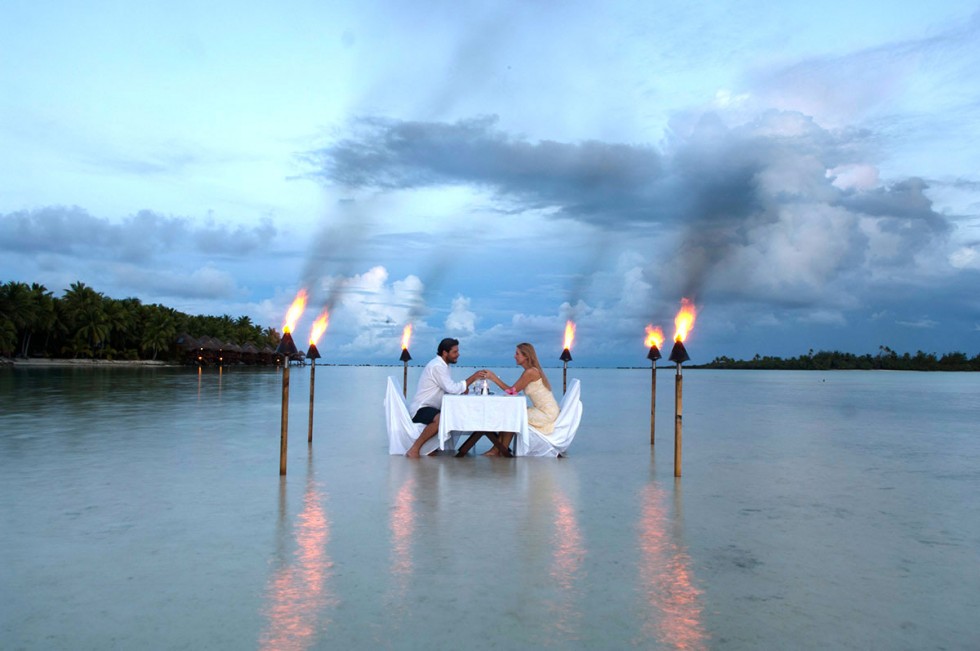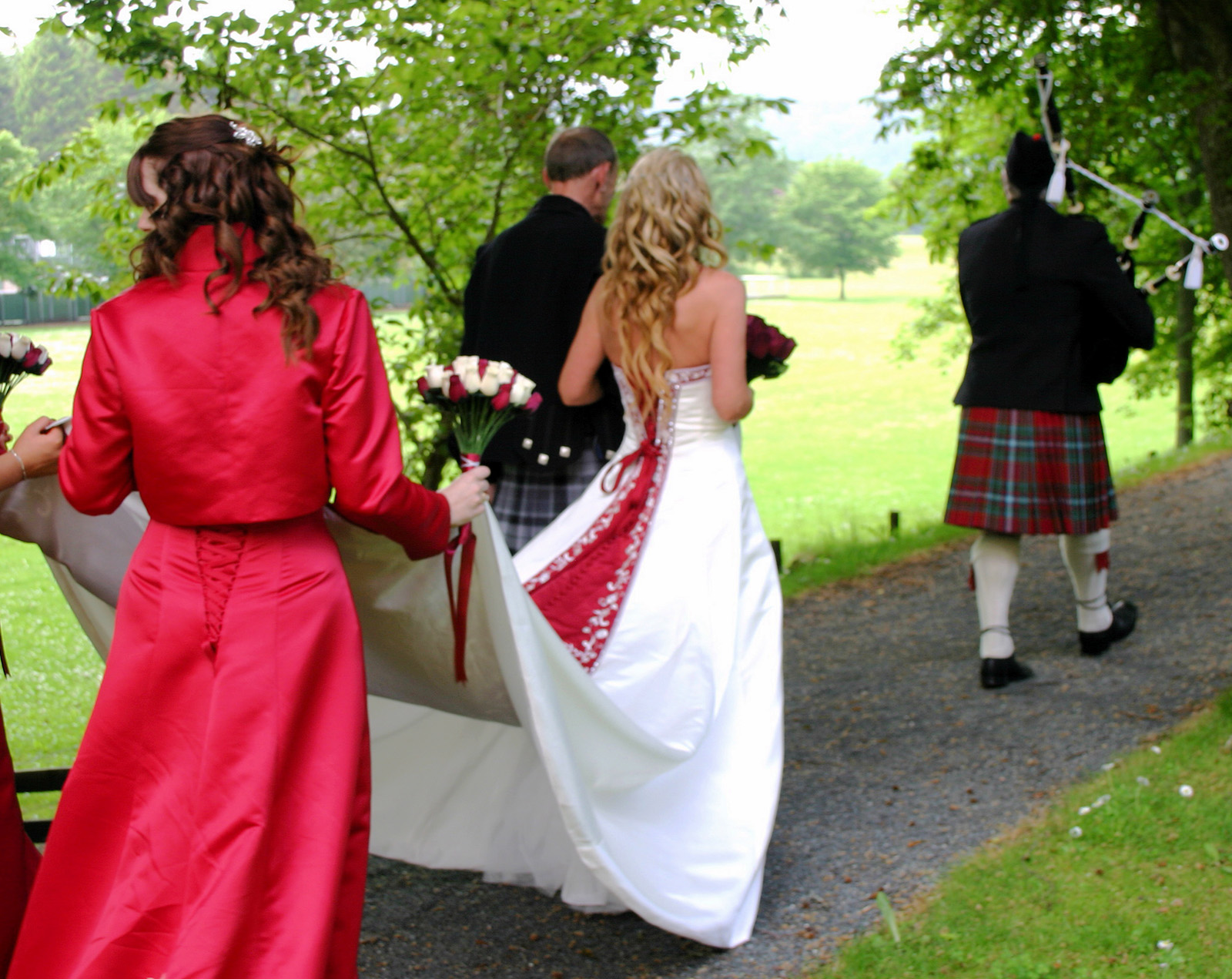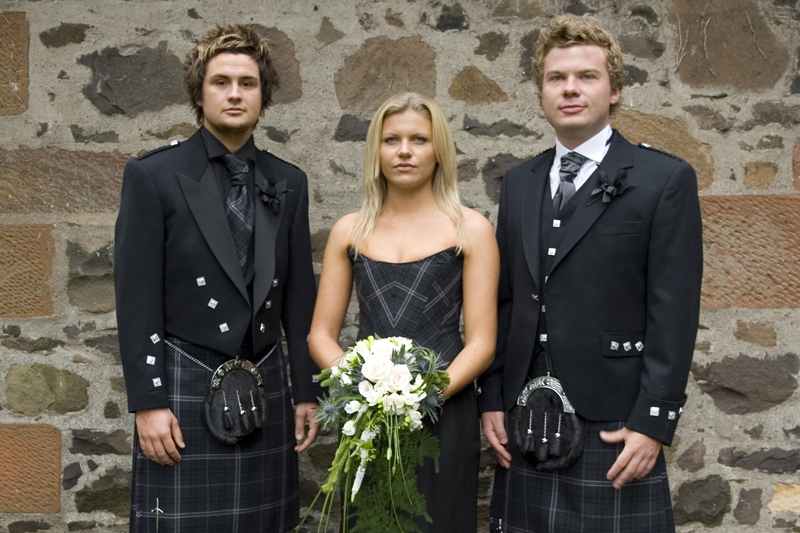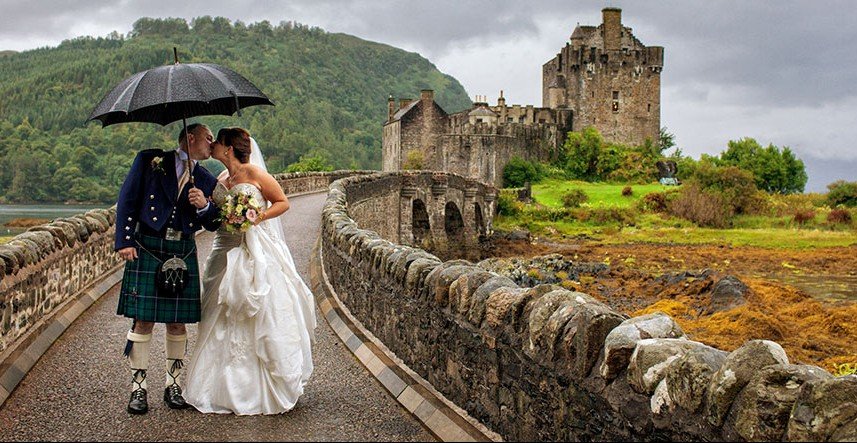So what is it about marriage in Scotland? It’s amazing how people from all over the world can feel a spiritual pull towards the spectacular and dramatic scenery of the hills and glens, lochs and beaches of Scotland. This together with the culture and atmosphere of the unique towns and cities entice a growing number of couples to hold their wedding ceremony and celebrations in Scotland.
Perhaps the desire to get married in Scotland is something passed down through the generations? Many overseas couples have Scottish blood from emigrant grandparents, great grandparents and ancestors who decades or centuries ago set sail to colonise the new world. And when brides and grooms to be, consider where they would like to be to take the step of marriage, they often choose to come home to the land of their Celtic forefathers and have their wedding day in Scotland and incorporate many Scottish wedding customs like music and ritual, poetry and song.
The spirit of the Celts is strong and emotive infusing music and literature as much in the present day as it ever did centuries ago, resonating as strongly as ever in anyone with even a passing connection with the ‘Auld Country’. It’s rare to find a Scottish wedding that doesn’t include the talents of a local piper, fiddler or harpist. Whether traditional pieces like Amazing Grace or Highland Cathedral, or folk songs such as Wild Mountain Thyme or Robbie Burns’s Auld Lang Syne, having live music and/or singing as part of the wedding ceremony and celebrations adds a very special touch.
One of the main reasons it’s easy to organise a wedding in Scotland is that a marriage can be solemnised at almost any location within Scotland (providing you have made the necessary advance legal application and also applied for any necessary visas or UK entry permits); this could be a historic ruined castle, a wild and windy beach, a heather-clad moor or mountain side – it’s your choice. Both the setting for and content of your ceremony can really set you up for a memorable and meaningful day.
You also have a huge degree of flexibility for the content of your Scottish wedding ceremony. There are many and varied wedding celebrants in Scotland, with Registrars overseeing the advance application and post registration of all legal Scottish marriages whoever the ceremony is held by on your wedding day. Frequently asked questions and guidance on how to make an advance legal application for a marriage in Scotland can be found at the General Register Office for Scotland website.
Romantic locations

Marriages can be performed anywhere in Scotland and the setting for your Scottish wedding ceremony is your choice and all the major cities are well served by both train and plane; alternately travelling by car gives the opportunity to travel at your own pace and to choose your route. Some couples are drawn to the North-West Highlands with its rugged peaks, its sweeping glens and abundant sea-lochs; or the Cairngorms with its big skies and open spaces. The Borders are home to green and rolling hills, and the coastline is dramatic and varied – its beaches range from sheltered white sands, to rocky cliffs and craggs. There is an abundance of romantic castles throughout the country which form the perfect choice for many, whilst the cosmopolitan attractions of the four major cities of Glasgow and Edinburgh, Aberdeen and Inverness are appealing to others. And for those looking for a short and convenient ceremony just over the border from England, you can still get married at the Old Blacksmith’s Forge in Gretna Green. George Mackenzie the Registrar General for Scotland noted that over half of the tourist couples who opted to get married in Scotland chose Gretna.
A traditional ceremony

The traditional Kirk (church) setting for a marriage in Scotland is still a popular choice for many couples, however for those brides and grooms to be who would prefer a Kirk setting without a traditional ceremony, there are now many privately owned churches who will permit an interfaith wedding ceremony of your choice to be held by an interfaith or independent celebrant – if going down this route you would be wise to check your choice of celebrant can accommodate your particular wishes and that your venue and celebrant are compatible.
An occasion as important as your wedding day should be all about what you choose as a couple, reflecting your personalities, values and beliefs. An interfaith wedding ceremony, planned with the involvement of the couple, has become increasingly popular, lending itself perfectly to the flexible nature of Scottish marriage laws. Ministers and celebrants at Scottish Wedding Ceremony can create and hold bespoke ceremony tailormade to your needs as well as in some cases also offering practical help and advice on the planning of your wedding in Scotland. The choice of venue, music, ritual, words and vows are yours to decide upon, as are all aspects of your wedding ceremony and day.
Scottish wedding customs

Many couples are keen to incorporate specifically Scottish wedding customs within the ceremony and celebrations and it should come as no surprise that sharing a drink from a Scottish Quaich comes top of the list. The binding of the hands or handfasting has become increasingly identified with Scotland and is becoming more and more popular, when the couple’s hands are tied loosely with ribbon to symbolise their joining. Other customs may have originally been founded in superstition, but as couples look for something a little different, ‘The Wedding Scramble’ and ‘The Creeling’ have appeal and might be found within a Scottish interfaith wedding – both involve the couple being ‘held for ransom’!
‘The Wedding Scramble’ is when members of the local community, usually children, prevent the couple from leaving the kirk by tying the gates of the kirkyard – once the ‘toll’ is paid the couple are allowed to pass.
‘The Creeling’ is a similar fun hold up when a lobster pot – also known as a Creel – is suspended across the kirk door by a rope. The bride is allowed to cut the rope after the groom has made a payment to whoever erected the barrier, then the Creel falls to the ground. In spite of the newly weds needing to make a payment to continue with their first steps as husband and wife, this is meant to signify luck and prosperity!
About The Author
Angie Alexandra is an Interfaith Minister and Wedding Celebrant living and working in Scotland. A member of the Interfaith Ministers’ Association she was ordained in 2004 after a two year training with the Interfaith Seminary. Her work takes her all over Scotland giving her the chance to enjoy the people, the scenery and the whisky. She so loves her work and Scotland that she chose to have a Scottish Interfaith wedding ceremony herself when she got married recently.
Angie has come to refer to herself and her fellow wedding celebrants in Scotland as “The People’s Ministers”, as they share a goal of helping each and every couple who wish to get married in Scotland, to have only and exactly the ceremony of their choosing.

